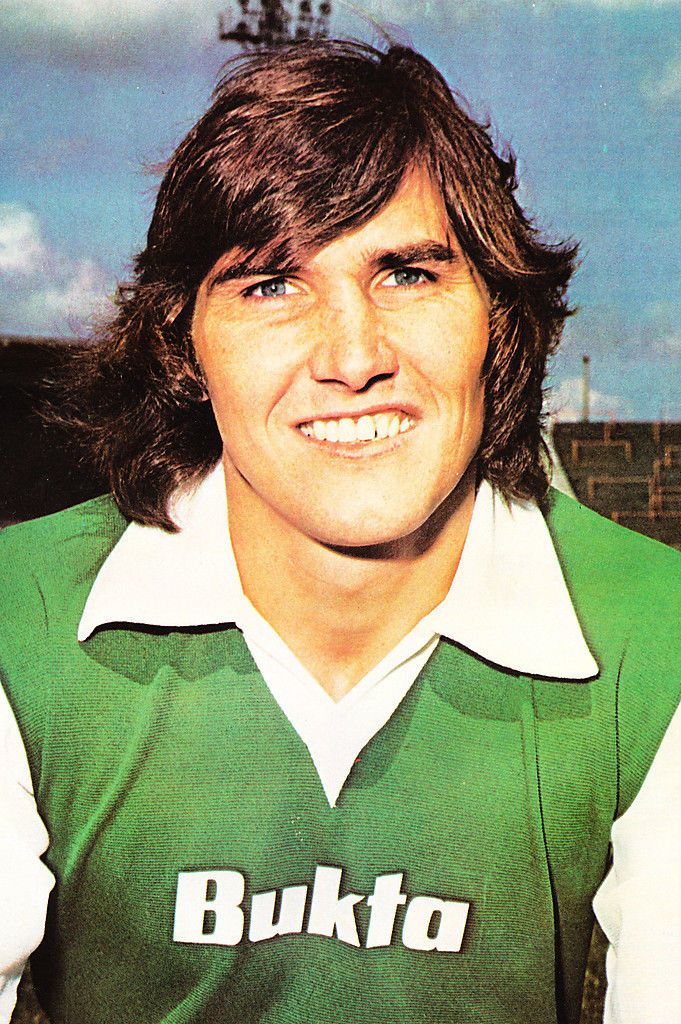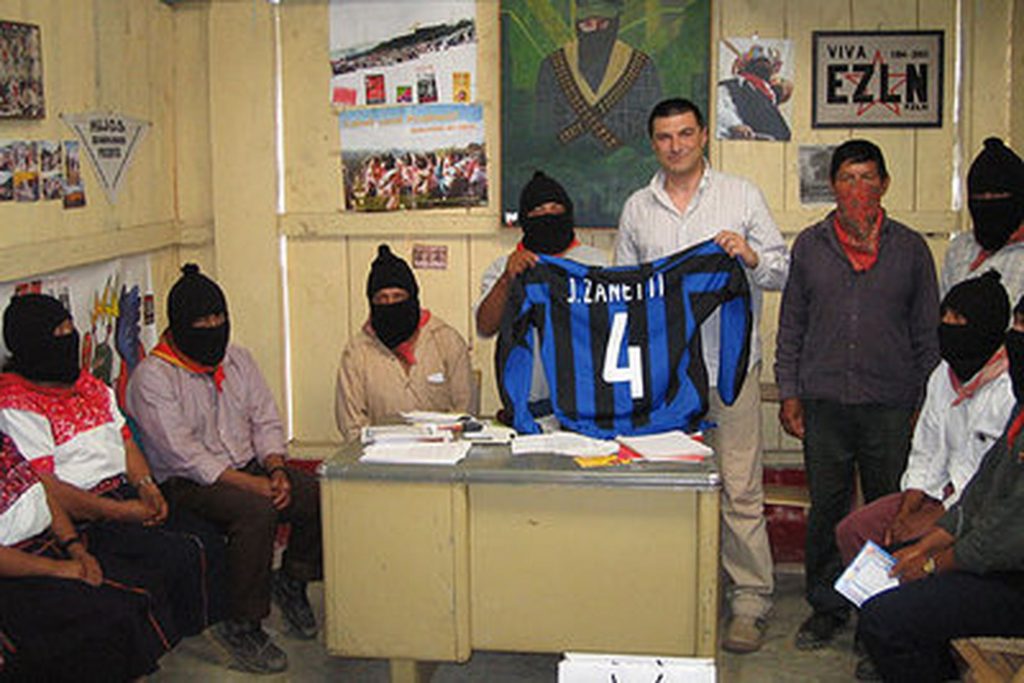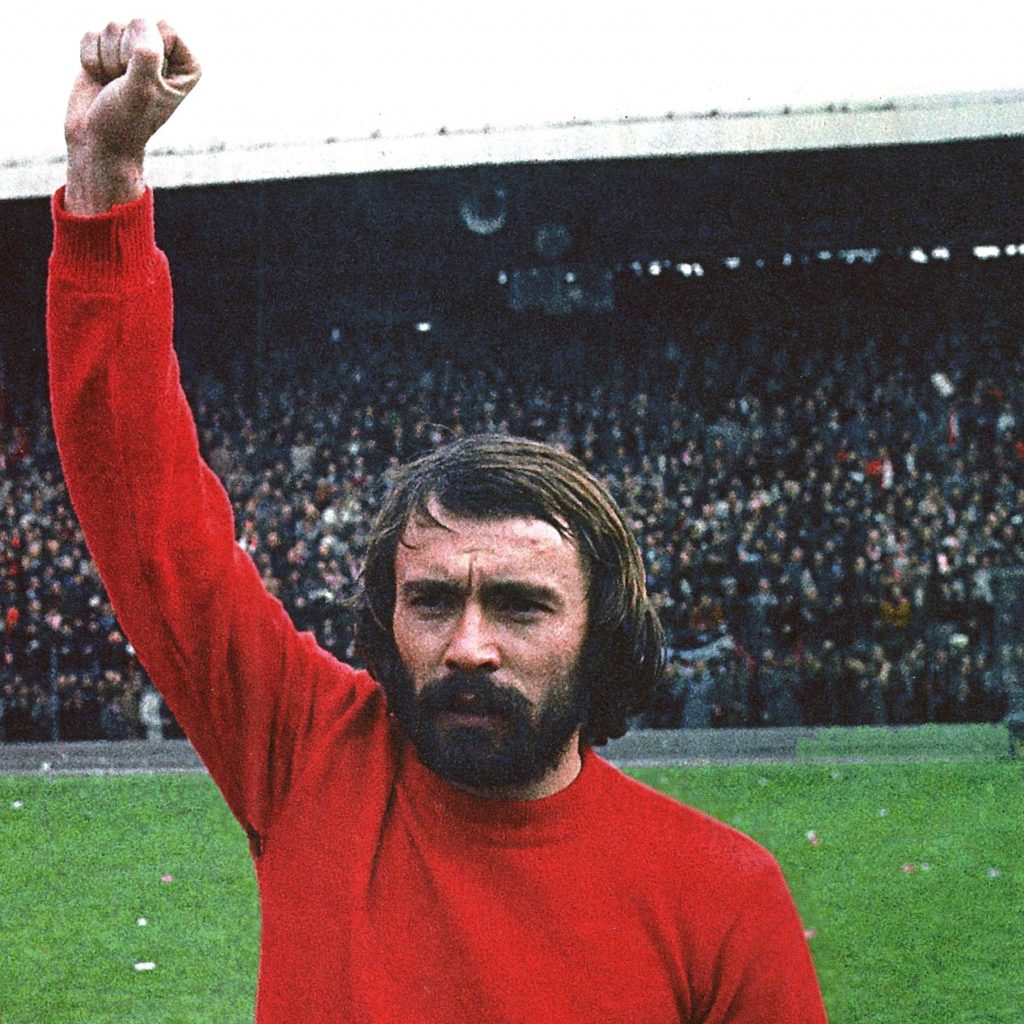Across Britain we’ve seen a dramatic change to the beautiful game, resulting in catastrophic consequences to the working class. Fans who are now being priced out of their beloved clubs and replaced by the socially starved bourgeois. Since its creation, football has acted as an opium for the working class throughout Britain. After a long working week there has been no sweeter release than to enjoy an afternoon at your clubs’ ground, and watch a match filled with a melting pot of emotion.
In years gone by, football clubs consisted largely of local talent. The Lisbon Lions and the many football clubs within the GDR were shining examples of the local development of working-class men, an element to the game today which has been neglected. These local players came from the shipyards, mines, factories, cotton mills and so on. To the working-class spectator, these were pillars of their communities, a shining example of what ordinary working-class men and women could become, regardless of their post code or employment. Evidence that you could overcome the pressures of capitalism and the degeneracy that it poisons working class communities with.
Which brings us to the following questions, why do we hear so few stories of working-class heroes within the modern game? And why have these heroes been hounded by the media for the community driven work they do off the field?
As capitalism adapted to the new societal changes of the 21st Century we saw social media act as the tool for further class division. Instead of creating figures who’d inspire working class community development, it implanted an idea that only individuals with a large following and accumulated wealth can fix communities. This is wrong. Working-class communities shouldn’t be subjugated to rely on charity to survive throughout the week, charity is a parasitic symbiosis between the bourgeoisie and working class. If the working class does not have the tools to develop then they are trapped within the clutches of charity, doomed to be constrained within the torturous grip of financial bondage, for generations to come. The working-class require solidarity, not handouts from those who have placed themselves on a pedestal of self-importance.

In previous years, we saw football players truly connected to their communities. This was most dominant back in the 60’s and 70’s with young players such as Jackie McNamara Snr. and Alex Ferguson. Both talents weren’t just fantastic footballers, they were militant trade unionists. Ferguson’s first job was as an apprentice at Remington Rand typewriter factory in Glasgow, it’s here where he became a devoted shop steward and led the apprenticeship strikes of 1961. Ferguson wasn’t the only shop steward in his family. His father and mother were both shop stewards, something he credits to the forming of his own character. McNamara Snr. was the same. The former Hibs and Celtic man was a member of the Communist Party, a Clyde shipyard shop steward and close friend of the shipyard leader and CPGB candidate, Jimmy Reid. McNamara also sold the Soviet Weekly and the Morning Star on the street.
Internationally we’ve seen footballers such as Diego Maradona, Javier Zanetti, and Paolo Sollier (to name a few) contribute to the working-class struggle.

Maradona – A socialist and avid supporter of Venezuela’s popular socialist president Hugo Chavez plus after being treated for his substance abuse problems in Cuba, called Fidel Castro “a second father”. The superstar was involved heavily with the anti-Iraq War/anti-free trade protest in Buenos Aires and called George W Bush “human trash”. Maradona also supported Bolivian president Evo Morales and the Palestinian people’s cry for liberation.

Zanetti – Born to working-class parents of Italian origin, he grew up in the Dock Sud district of Buenos Aires, an area affected by catastrophic poverty and endemic crime, used his status at Internazionale to build relationships between the club and the Zapatistas rebel group by funding sports, water, and health projects in their area of operations. This was part of a broader effort to aid the group’s struggle to maintain roots and fight for its ideals.
Sollier – Started out in his early years as a volunteer with Mani Tese, an Italian non-profit organisation struggling for equality, social justice, and sustainable development. Sollier soon joined the Avanguardia Operaia (‘Workers’ Vanguard’) of which he was a member during the height of his career. Made up of workers, trade unionists, and students. The Vanguard had a broadly Leninist alignment and was involved in militant protests, as well as sporadic action between its members and fascist filth. He was later involved with Democrazia Proletaria (Proletarian Democracy), an inclusive communist alliance with an environmentalist, anti-authoritarian, and pacifist stance.
Within the modern game today, the existence of such working-class contributors seems so low. Those who do exist are hounded by tabloid media outlets. This ‘hounding’ isn’t surprising. With billionaires buying out newspapers and social media outlets, the bourgeoisie have again shown that they will do anything to protect their interests and implement a false narrative to pollute the public’s eye. They will act as quickly as possible to tarnish the reputation of positive working-class role models and shoehorn a puppet of capitalism in their place.
Whilst young working-class footballers do make up the overall majority of current players, they are sold the ‘dream’ of football in a purely individualistic solicitation. When the dream of playing football is sold to young working-class players, it isn’t sold on the idea of being a role model to their communities. Instead, it’s sold with the vision of; fancy over the top sports cars, mansions detached from their communities, millions of pounds: used to grow their wealth by becoming landlords and ‘property investors’, to be pushed by club PR teams to continuously push out their brands, and to promote betting companies who suck the life out of impoverished communities. The dream of football shouldn’t be sold as this. It should be sold under the vision of aiding local communities, building, and strengthening the working class. This must be done in tackling both the board members and parasitic brands/companies. It’s imperative that we establish positive role models within the beautiful game for they will inspire young working-class people for generations to come.
It is our duty as young communists to stand side by side with those who have been brutalised by capitalism and to aid them in developing their communities, challenging ‘charity’, however it presents itself. It is our duty to create and promote positive working-class role models so that the caring praxis of communism is staged as visibly as possible, let us fight against the capitalist menace within our beautiful game, from the lowest, to the highest of leagues. The proletariat are not some marketing scheme to be fetishized and commoditized. Combating this means we must stand together to return football to its former glory. Consisting of clubs, founded by the workers, run by the workers, for the workers and their communities!
“A football club will be formed for the maintenance of dinner tables for the children and the unemployed” – Brother Walfrid
Nathan Hennebry, is a member of the YCL’s Glasgow branch



